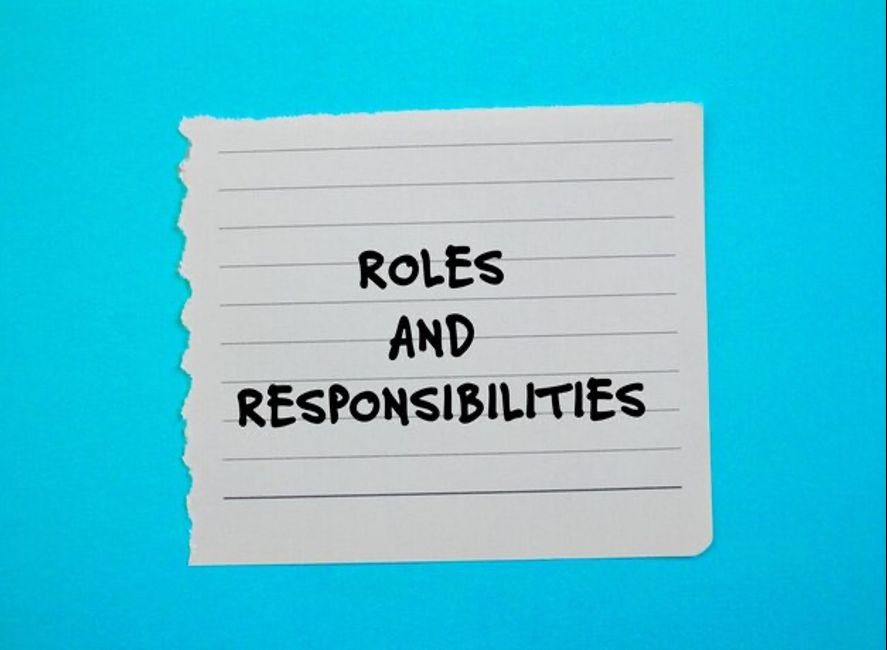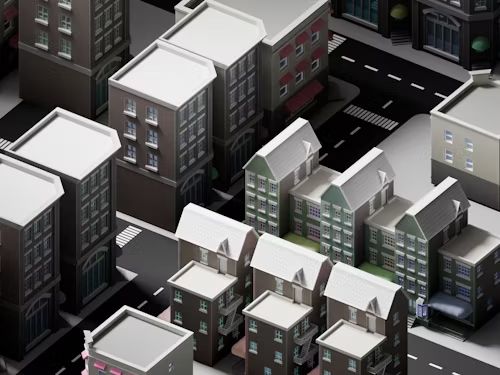When diving into the world of real estate, it’s easy to confuse the terms “real estate developer” and “real estate investor.” They may sound similar, but they play very different roles in the real estate sector.
Understanding these differences can help you make informed decisions, whether you want to build properties or invest in them.
Let’s explore these two important roles!
Who is a Real Estate Developer?

A real estate developer is someone who takes on the responsibility of building and constructing properties. They are involved in the acquisition of land, ensuring that the location is ideal for new projects.
Once they secure the land, developers plan the construction, manage the finances, and oversee the entire project from start to finish.
Key responsibilities of a real estate developer include:

Acquisition of Land: Finding and buying land with potential for development.
Building and Constructing Properties: Creating residential homes, commercial buildings, and more.
Funding and Financing Projects: Securing funding from banks or investors to make projects happen.
Market Analysis: Analyzing the real estate market to set competitive prices based on current real estate trends.
Client Interaction: Communicating with clients to help them understand the best projects to invest in.
Project Management: Ensuring that everything runs smoothly, finishing projects on time and within budget.
In short, being a real estate developer involves many moving parts, all aimed at bringing new properties to life!
Who is a Real Estate Investor?

In contrast, a real estate investor is someone who puts their money into real estate projects, hoping for a good return.
Investors look for properties that can yield high profits after they are sold or rented out. Their main goal is to minimize risk while maximizing profits.
Here’s what a real estate investor typically does:
Investment Strategies: Developing strategies to choose the right properties, analyzing the market to spot the best opportunities.
Geographical Location Analysis: Identifying prime investment areas with growth potential.
Cash Flow Management: Monitoring the money coming in and going out to ensure profitability.
Investor Relations: Building relationships with other investors and lenders to secure funding for new projects.
Property Acquisition and Management: Reviewing rental agreements and managing tenants to ensure smooth operations.
For investors, understanding the real estate market and having surplus capital are crucial for making smart choices.
Key Differences Between Developers and Investors

So, what’s the difference between these two roles? While both are important in the real estate market, their focus is different.
Developers are hands-on, building properties from the ground up. Investors, however, usually buy properties to make money, either by selling them later or renting them out.
If you’re thinking about entering the real estate world, it’s important to consider your strengths. Do you enjoy managing projects and working closely with clients? You might make a great developer!
If you prefer analyzing markets and seeking profitable investments, then becoming an investor could be the right path for you.



